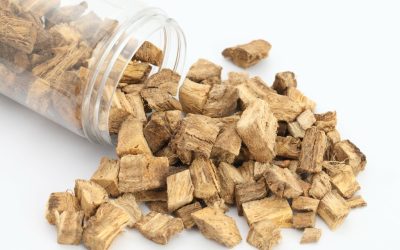This stage can be confused with moderate drinking, which is consuming a glass of wine or a beer with a meal. However, while both can be considered ‘regular drinking,’ moderate drinking is having a drink for the https://apartamentolapaz.es/alcohol-and-drug-addiction-how-treatment/ flavor of the alcohol, not the euphoric feeling. Excessive drinking, on the other hand, means drinking for the sole reason of feeling good. This post discusses in detail the five stages of alcohol addiction, as well as suggested measures to go through with every stage. The progression speed through those stages differs from one person to another, but early recognition of signs can help prevent descent into alcohol use disorder (AUD).

Organizations That We Support
Maybe they try to cut down on drinking or stop completely and find that they cannot. Maybe they cannot endure the withdrawal symptoms they face when they are not drinking or just do not know how to cope with life when they are sober. If you or a loved one is struggling with any of the stages of alcoholism, hope is not lost, and help is available. If you have five stages of drinking questions or are ready to start your recovery journey, we’re here to help. Contact our skilled addiction and mental health professionals at Emerge Healing Center to learn more about our treatment and program options. Drinking is considered “problem drinking” when it begins to impact one’s life.

Contact Rockland Treatment Center
- Many business deals and job promotions are made over drinks, so it is important to understand the etiquette of Korean drinking culture in professional settings.
- They are best for people who have a high motivation to recover but cannot leave their responsibilities at home, work, or school.
- While everyone is different, and addiction can depend on many factors, the stages of alcoholism can usually be broken down into 5 stages.
- You have no fear of losing this battle, because as well as being INVINCIBLE you are CLEVER, you’re RICH and you’re more ATTRACTIVE than them anyway.
Not every person will experience each stage and not everyone who consumes alcohol will develop alcohol use disorder (AUD). In this stage, people may be simply experimenting with alcohol consumption. They can be moderate drinkers with the occasional instance of binge drinking. This stage marks the culmination of alcohol addiction, where alcoholism symptoms drinking transitions from pleasure to necessity, and individuals present every symptom of the DSM-5 criteria. Constant alcohol cravings control thoughts, and even small quantities of alcohol can’t offer the same level of satisfaction as before.
#4. Full-Blown Alcoholism
- The National Institute on Alcohol Abuse and Alcoholism defines alcohol addiction as a chronic, relapsing disorder.
- The first recorded alcoholic beverage dates back as early as 7000 B.C.—and they have been consistently part of social gatherings since then.
Teenagers and young adults make up a large percentage of the binge drinking crowd. While many of them end their binge drinking behaviors as they grow older, some of them will progress to later stages of alcoholism. Alcohol addiction involves a combination of physical and mental symptoms. People at this stage are dependent, so they can’t quit without feeling sick.


